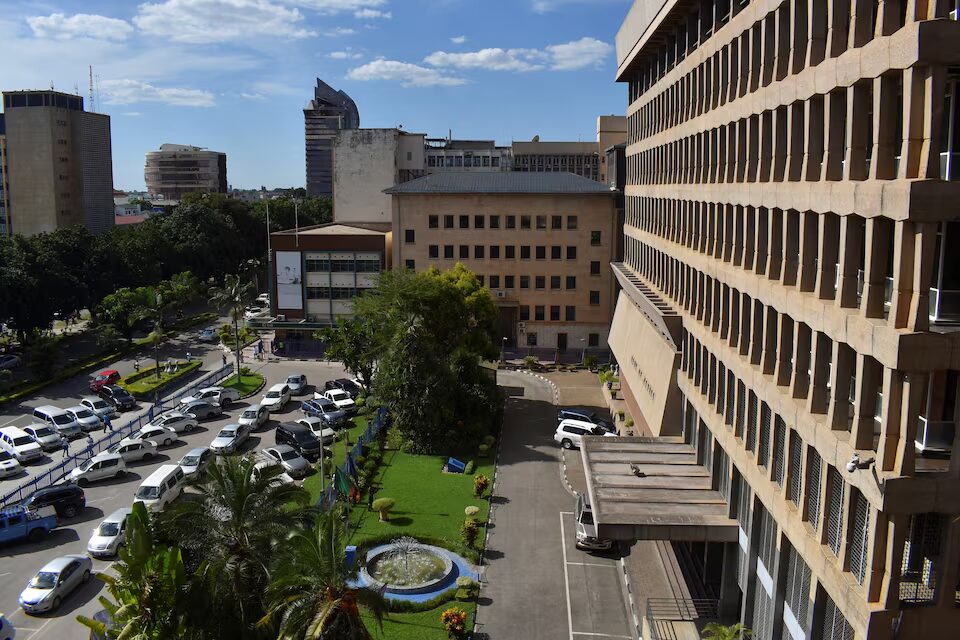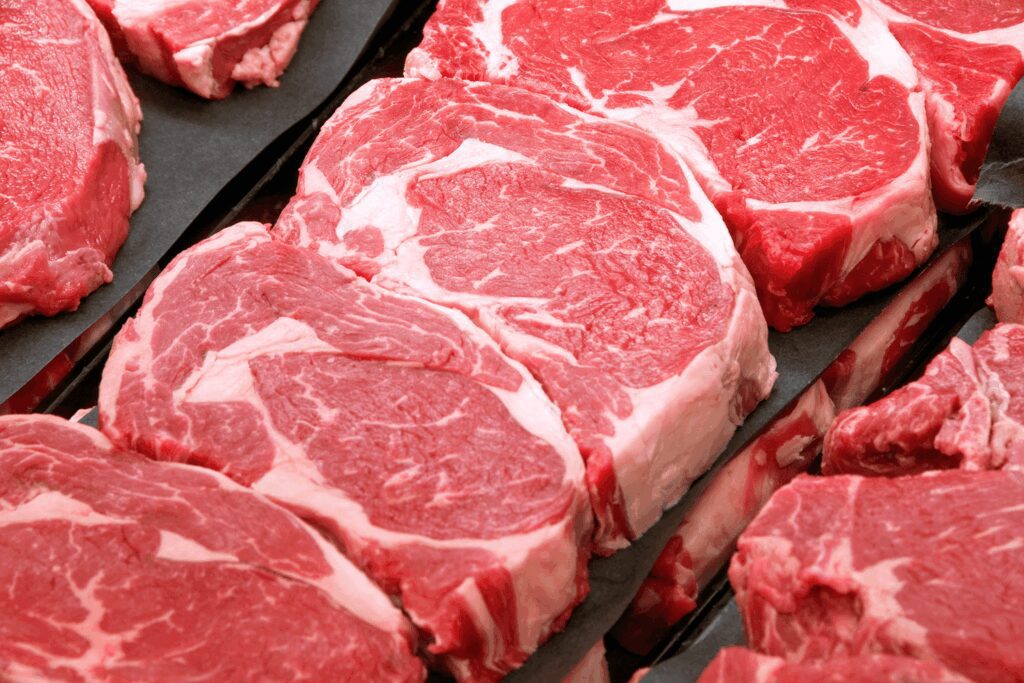
Tuesday 11th November 2025

by inAfrika Newsroom
Tanzania meat imports from Brazil will expand after authorities opened access to 14 animal-origin product lines, officials in Brasília said. The scope covers poultry and pork, heat-processed meats, fertile eggs and day-old chicks, alongside bovine genetic material and live cattle for breeding. The move aims to stabilise supply and diversify sources amid rising urban demand.
Brazil’s agriculture ministry and industry groups confirmed the opening this week, citing completed sanitary reviews and bilateral talks. Moreover, trade notices indicated Tanzania will authorise poultry meat and thermoprocessed products from cattle, sheep, goats and pigs, plus poultry genetic material. Consequently, logistics planners expect higher chilled and frozen volumes at Dar es Salaam port and connected cold-chain nodes.
For households, broader Tanzania meat imports could ease price spikes during peak seasons. Retailers said consistent deliveries reduce stockouts that often push up prices for chicken cuts and sausages. However, local processors warned of adjustment pressures if imports surge without calibrated quotas or phased timelines. They urged transparent inspections, cold-store standards and data sharing on volumes to keep competition fair.
Officials frame the opening as part of a wider food-security strategy: diversify supply, de-risk from single corridors and strengthen cold-chain infrastructure. In addition, regulators plan joint audits with Brazilian counterparts and tighter traceability to meet veterinary and public-health rules. Because the basket includes day-old chicks and fertile eggs, domestic hatcheries can scale faster when feed costs and biosecurity align.
Ports and rail operators now face practical tests. Cold rooms, plug-in points for reefers and temperature-monitoring systems must handle higher throughput. Therefore, terminal managers are reviewing appointment systems and truck-turn metrics to minimise spoilage. Freight forwarders also flagged the need for rapid SPS clearances and harmonised documentation with the single-window system to cut dwell times.
Producers at home want complementary support: credit for abattoir upgrades, feed-mill efficiency, and disease-control programs that lower mortality. With those in place, imports can fill gaps while local supply climbs. Over time, a balanced regime would narrow retail spreads and improve quality benchmarks across the board.
Tanzania meat imports will not replace local industry; they will buffer it. If authorities track volumes, publish hygiene results and enforce standards neutrally, consumers gain choice and businesses gain predictability. That, in turn, supports steady investment from farm to shelf.


